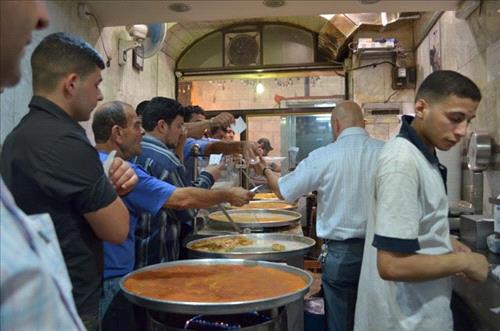-
Top Stories -
Most Popular
-
13 detainees released in connection with demonstrations on Thursday
-
Army carries out 7 airdrops on northern Gaza with international participation
-
JIACC: Customs employee detained after embezzling JD48,250 within 4 months
-
Shamali: Over 12k vehicles covered after mandatory car warranties decision took effect
-
Number of arrivals to Jordan via low-cost, regular flights declines by 50%
-
Prince of Wales to return to duties after Kate diagnosis
-
Ancelotti proud as Real Madrid dig deep for revenge in Manchester
-
Real Madrid dispatch holders Man City in Champions League shootout
-
Snake on a bullet train causes rare railway delay in Japan
-
Woman accused of wheeling dead ‘uncle’ into bank to sign loan
-
Biden says China 'cheating' on steel prices
-
Real Madrid win at Mallorca while resting players for Man City trip. Atletico beat Girona
-
RJ reprograms flights following air traffic halt
-
Civilian casualties reported in Gaza on day 191 of the ongoing Israeli genocide
-
Iranian Embassy: Jordan's threat is incorrect
-
JD47.2 .. Gold Prices record historic surge in local mark
-
Pleasant weather almost countrywide on Saturday
-
FM: Jordan will continue to take all necessary steps to protect its security, sovereignty
-
Jordanian delegation participates in World Bank, IMF 2024 Spring Meetings
-
CARC announces reopening of Jordanian airspace
‘Jordanians expected to spend JD1.2m on sweets to celebrate Tawjihi results’
23-07-2014 02:55 PM
Ammon News - AMMONNEWS - Jordanians usually buy over 200,000 kilogrammes of sweets, mainly knafah, during the five hours that follow the announcement of Tawjihi results, a sector leader said Tuesday. |
- no comments
Ammon News reserves the right to delete any comment at any time, and for any reason, and will not publish any comment containing offense or deviating from the subject at hand, or to include the names of any personalities or to stir up sectarian, sectarian or racial strife, hoping to adhere to a high level of the comments as they express The extent of the progress and culture of Ammon News' visitors, noting that the comments are expressed only by the owners.
| name : * | |
| comment : * | |








 comment replay
comment replay 